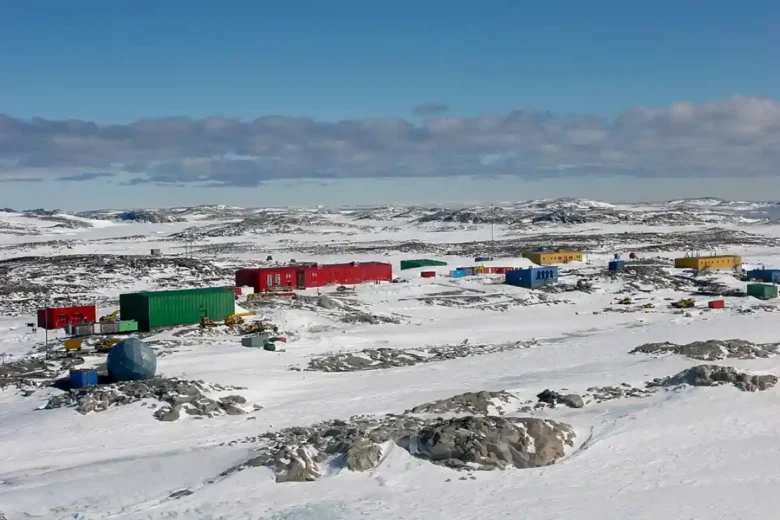Antarctica’s long, dark winters are taking a measurable toll on the minds and bodies of those who live and work there, according to a new study that researchers say could help prepare astronauts for life beyond Earth.
Medical officers and expedition staff at Australia’s Casey Station have reported lapses in memory, reduced focus, and even weaker senses of taste and smell after months of cold and isolation, conditions that scientists are now closely monitoring with the help of wearable devices and cognitive tests.
Dr. Meg O’Connell, who worked as the base’s medical officer at Casey Station for six months, tracked her own decline through regular brain function tests.
She says even medical staff were not immune to the winter dip, which past research has linked to changes in the hippocampus, the part of the brain tied to memory. Studies have also shown that reduced sunlight and social isolation affect brain chemistry, contributing to feelings of fog and fatigue.
The research involves monthly health checks on participants using BioStickers, small monitors worn on the chest that record heart rate, sleep, and activity for several days. After that, crew members complete short computer-based tests of memory and attention.
Together, the data show how cognition and mood fluctuate across the long polar night. Thomas Whyte, an electrician at the station, described how the darkness, cold, and distance from family weighed on him before conditions improved with the return of light.
Scientists point out that these patterns mirror problems faced in space. Astronauts aboard the International Space Station (ISS) often experience disrupted sleep, stress from isolation, and shifts in circadian rhythm without normal day-night cues. The Antarctic study is being run with support from NASA’s Translational Research Institute, which is comparing the results to astronaut health data.
The overlap is intentional. Just as expeditioners in Antarctica depend on technology to survive, space crews heading for the Moon or Mars will rely on systems that support life in isolated, stressful environments. The same BioStickers and cognitive tools are already used during SpaceX missions, but Antarctica offers researchers a larger group of volunteers than the handful of astronauts in orbit.
Previous space analog projects, such as the HI-SEAS Mars simulations in Hawaii, have examined how small crews handle isolation. The Antarctic data adds another layer, showing how low light and months of confinement affect not only mood but also the gut-brain connection, which may influence cognition and behavior.
Researchers believe these findings could directly inform plans for long-term missions. A base on the Moon, for instance, would experience nights lasting two weeks, creating new challenges for mental health.
Mars crews would face trips of six months or more, where stress and isolation may hit before radiation becomes the larger concern. Strategies such as rotating tasks based on when cognition is strongest or using light therapy to mimic Earth’s day-night cycle are now being considered.
For those living through the Antarctic winter, the study also offers a sense of purpose. Dr. O’Connell said that contributing to research with global applications gave her team motivation during the hardest months. With the project continuing for another year, scientists say the lessons learned from the ice may help humanity go further into space.
Source: Astronauts to benefit from brain tests in Antarctica

